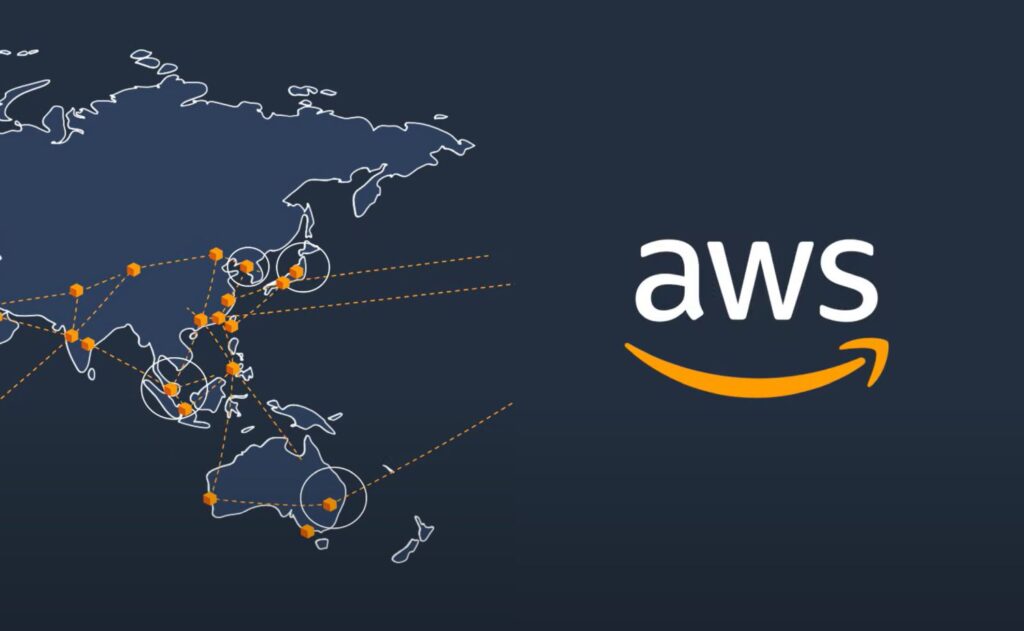How to Prepare for AWS Certified Solutions Architect in 2025
If you’re thinking about a career in cloud computing, there’s no better first step than earning the AWS Certified Solutions Architect – Associate (SAA-C03) certification. And there’s no better place to start that journey than right here at Cloud Institution









